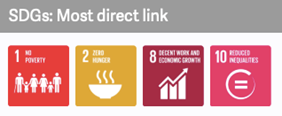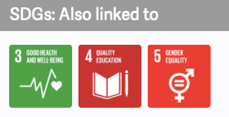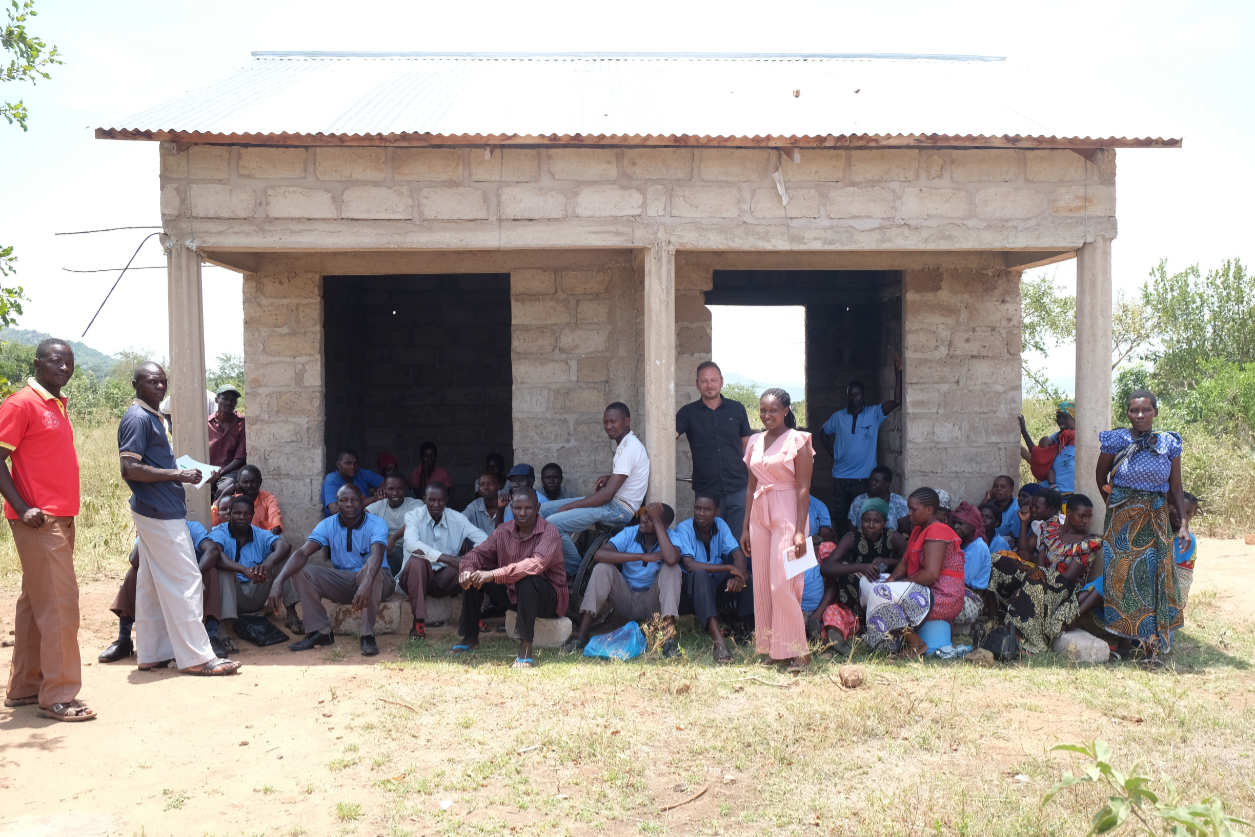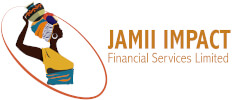Our Impact Strategy
JAMII IMPACT generally aligns all its financial inclusion services to support the achievement of 2030 United Nations Sustainable Development Goals
(UN-SDGs 2030).


JAMII IMPACT´s activities are based on a theory of change where the lack of access to formal financial sector services contributes to low net income to individuals and
households. These unbanked or under banked individuals face a number of challenges, such as lack of financial liquidity to tend to their basic livelihood needs (such as food, health, education, etc.). Hence, through the lack of financial resources people experience hunger, health challenges, lack of education, lack of skills training for jobs or becoming entrepreneurs, etc.
JIL bridges the financial liquidity gap, as well as technical skills among individuals who are members of Community Microfinance Groups (CMGs). As a result, JIL will in long-term support individuals and households to increase their
net income to fight poverty and improve their well-being.
JAMII IMPACT uses IRIS+ Metrics, which are formed by the Navigating Impact project that was initiated by the Global Impact Investing Network (GIIN) to create its impact pathway. The use of IRIS+ Metrics to measure our impact provides us with an advantage to generate impact reports that are internationally comparable to our peers..

